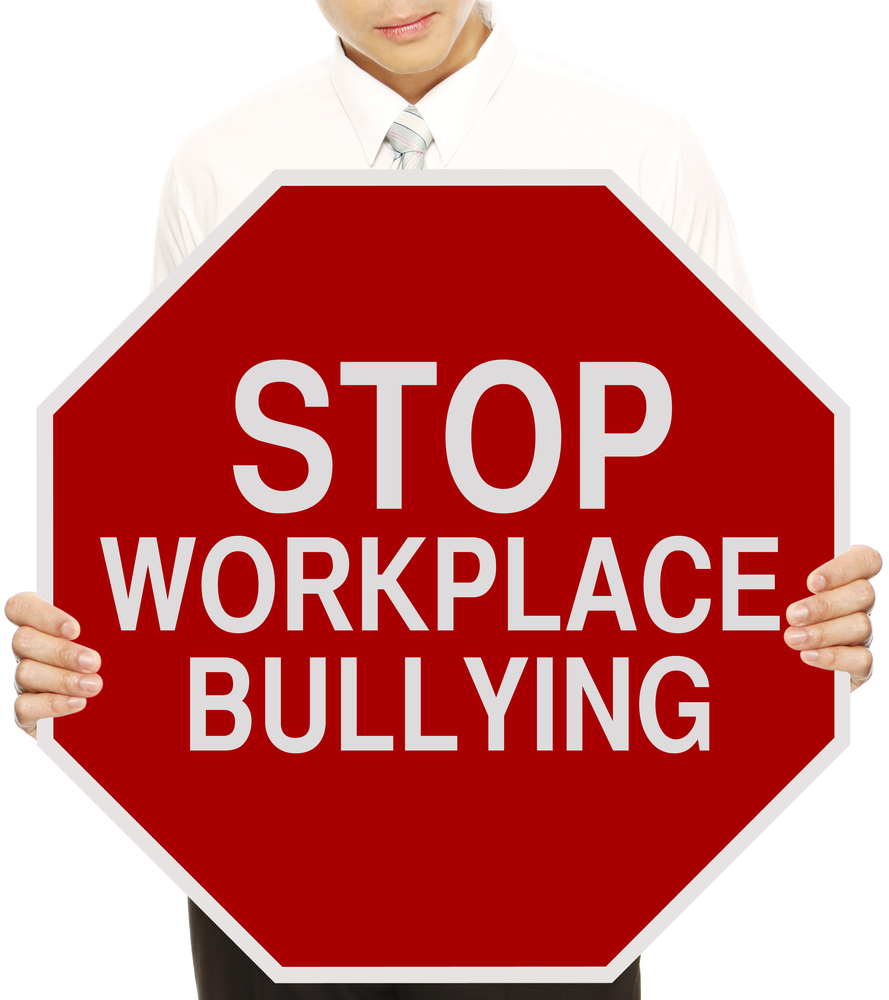What is Workplace Bullying
The Fair Work Act provides the following definition of workplace bullying.
Workplace bullying occurs when:
- an individual or group of individuals repeatedly behaves unreasonably towards a worker or a group of workers at work,
AND
- the behaviour creates a risk to health and safety.
Reasonable management action conducted in a reasonable manner does not constitute workplace bullying.
Changes to the Fair Work Act allows the Commission to deal with Workplace Bullying
In 2013, amendments to the Fair Work Act conferred power upon the Fair Work Commission to make orders to stop bullying from 1 January 2014. Prior to 2013, the Fair Work Commission had no power to deal with workplace bullying complaints.
Workplace bullying has often been addressed through work health and safety laws. Since 2011, the Commonwealth and most states have adopted the national model work health and safety laws, in an effort to improve consistency between individual state systems. As a result, the work health and safety legislation in most jurisdictions is similar. Individuals seeking to address workplace bullying via a work health and safety regulator may use relevant state legislation.
In Victoria, WorkSafe describes bullying as “persistent and repeated negative behaviour directed towards another person in the workplace, or group of persons, that creates a risk to health and safety”. These definitions essentially mean the same thing.
 What workplace bullying looks
What workplace bullying looks
The Human Rights Commission states bullies often utilise power attributed to their status, skills or position in the workplace, and both men and women can be the targets and/or the perpetrators. Workplace bullying can occur between a worker and a manager or supervisor, or between co-workers, including workers bullying their managers or supervisors.
Bullying behaviour can range from very obvious verbal or physical assault to very subtle psychological abuse. This behaviour may include:
- physical or verbal abuse yelling, screaming or offensive language
- excluding or isolating employees
- psychological harassment
- intimidation
- assigning meaningless tasks unrelated to the job
- giving employees impossible jobs or deliberately changed work rosters to inconvenience particular employees
- undermining work performance by deliberately withholding information vital for effective work performance
Does your organisation need training to help avoid workplace bullying incidents?
eCompliance Training offers a range of workplace training options. Click here to learn more or call 1300 208 944.
